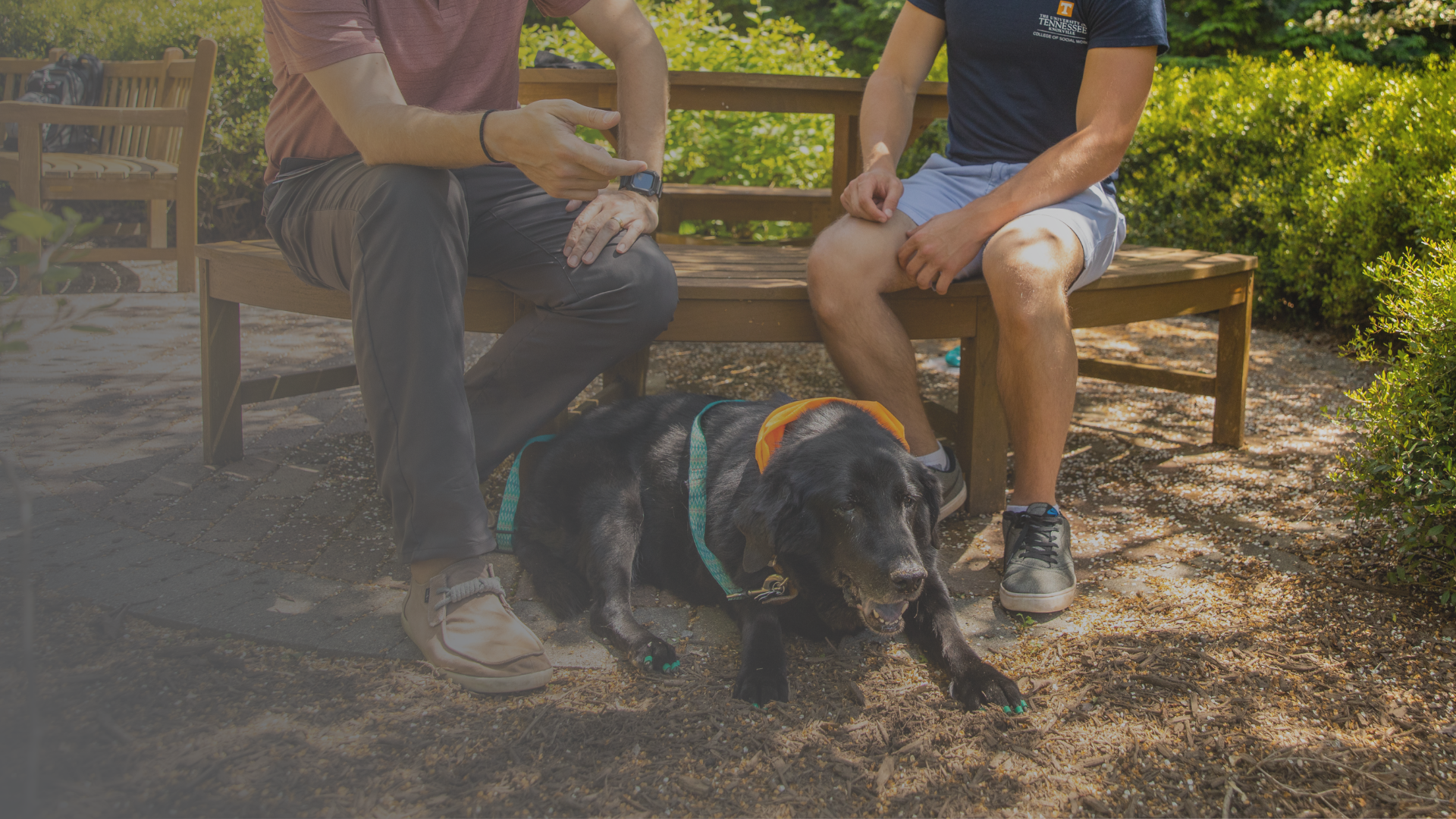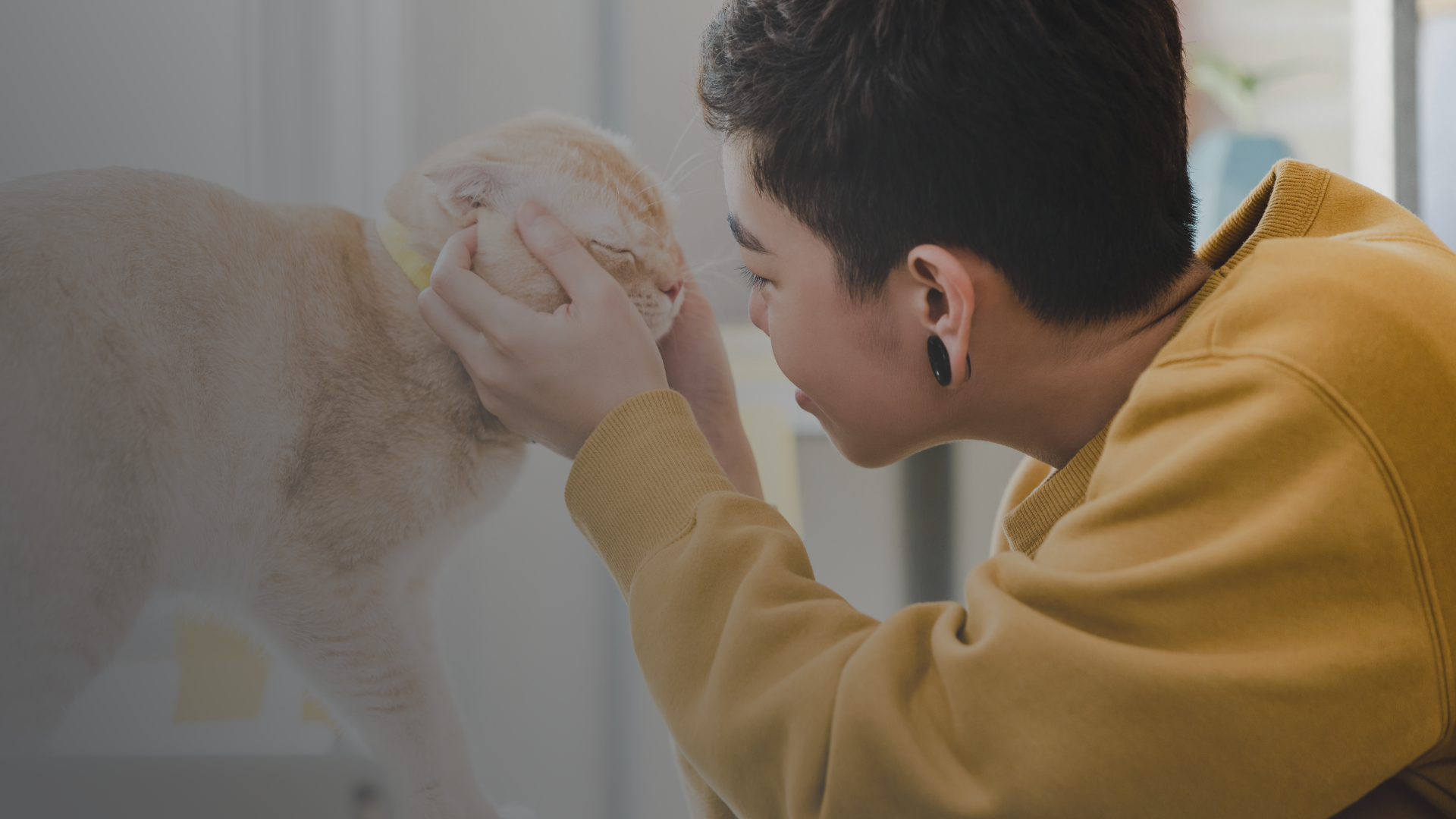
The UT College of Social Work houses multiple research centers, public resource centers, and collaborative efforts.
Following the UTCSW strategic vision, the college commits to:
- equip professional social workers with the knowledge and skills to facilitate well-being and equity.
- conduct groundbreaking, interdisciplinary research that informs policy and practice.
- build partnerships that leverage our resources to improve lives in Tennessee and beyond.
Below is an ever-growing list of centers of research and affiliate programs.

Center for Behavioral Health Research
(formerly the Children’s Mental Health Services Research Center)
The Center for Behavioral Health Research improves the lives of at-risk youth and their families by researching the health and social service systems that care for them. The center is a national leader in research on organizations that provide mental health and child welfare services to youth and families. The center also conducts studies on evidence-based prevention and treatment practices for delinquency, substance abuse, and HIV/AIDS. Much of the center’s work has focused on developing and testing strategies for assessing and changing the cultures and climates of youth-serving organizations to improve their effectiveness.

Social Work Office of Research and Public Service

The Social Work Office of Research and Public Service (SWORPS) provides needs assessment, program evaluation, technical assistance, research services, software application design and deployment, and other resources to human service agencies, to the professional human service practitioners that these agencies employ, and to the social work community at large. To provide these services, SWORPS employs operational units designed to meet specific state agencies’ unique needs related to assessing programs and facilities, assuring quality, coordinating service delivery, tracking interagency agreements, and employing innovative technology. SWORPS has developed the capability to be involved at any stage in developing or implementing a project for human service agencies. SWORPS now serves clients on local, state, and national levels ranging from the Knoxville Police Department to the Tennessee Department of Children’s Services to the Department of Housing and Urban Development.

Center for Guaranteed Income Research
A collaboration between UTCSW and the University of Pennsylvania, The Center for Guaranteed Income Research (CGIR) is an applied research center specializing in cash-transfer research, evaluation, pilot design, and narrative change. The center provides mixed-methods expertise in designing and executing empirical guaranteed income studies that work alongside the existing safety net. CGIR’s team, headed by its founding directors, Dr. Amy Castro and Dr. Stacia West, led the design and research for the Stockton Economic Empowerment Demonstration (SEED), and currently serve as the centralized research partners for Mayors for a Guaranteed Income (MGI).

Veterinary Social Work
Veterinary Social Work is an area of social work practice that attends to the human needs that arise in the intersection of veterinary medicine and social work practice. The University of Tennessee Veterinary Social Work Certificate Program (VSW-CP) trains University of Tennessee College of Social Work MSSW students in the four areas of Veterinary Social Work: Grief and Pet Loss, Animal-Assisted Interactions, Link Between Human and Animal Violence, and Compassion Fatigue and Conflict Management. The program is a joint effort between the UTCSW and the UT College of Veterinary Medicine offering services to the public, as well as professional certifications and trainings.

Program for Pet Health Equity
The Program for Pet Health Equity (PPHE) exists to improve access to veterinary care for pets and their families not adequately served by the current system. PPHE promotes and facilitate national collaborations and public policy development, to remove barriers to veterinary care. Activities include education, community service, and social and public health research. PPHE developed AlignCare, the first One Health healthcare system that addresses the needs of people, their pets, and their ecosystem, which is largely defined by socioeconomics. PPHE connects families with veterinary service providers while leveraging community resources and activities.